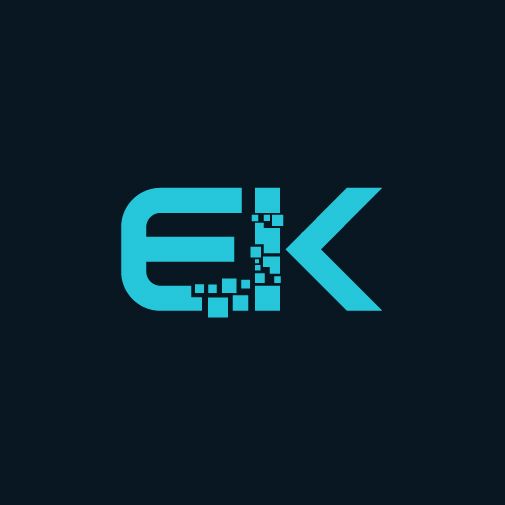823 reads
Auctus Labs — Empowering The Community Through Decentralization
by
March 21st, 2018

Cryptocurrency Enthusiast circa 2012. Award winning writer in Finance, Investing and Bitcoin. Opinions are my own.
About Author
Cryptocurrency Enthusiast circa 2012. Award winning writer in Finance, Investing and Bitcoin. Opinions are my own.
